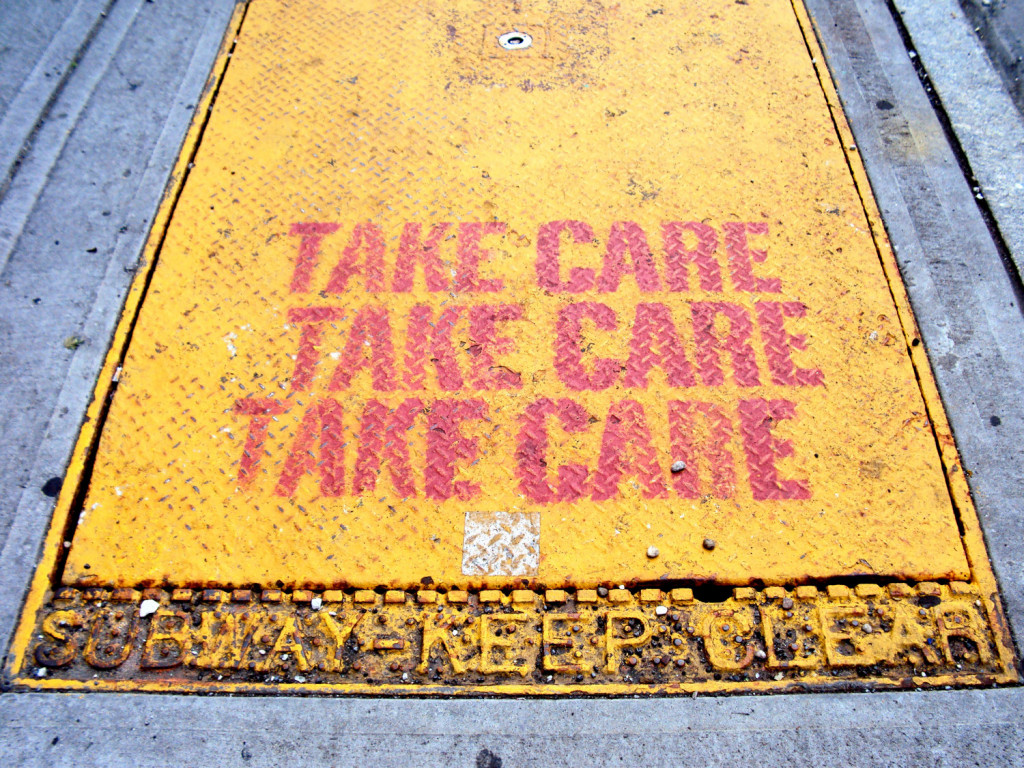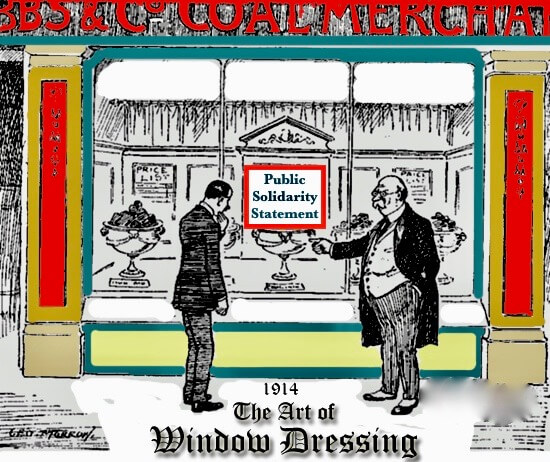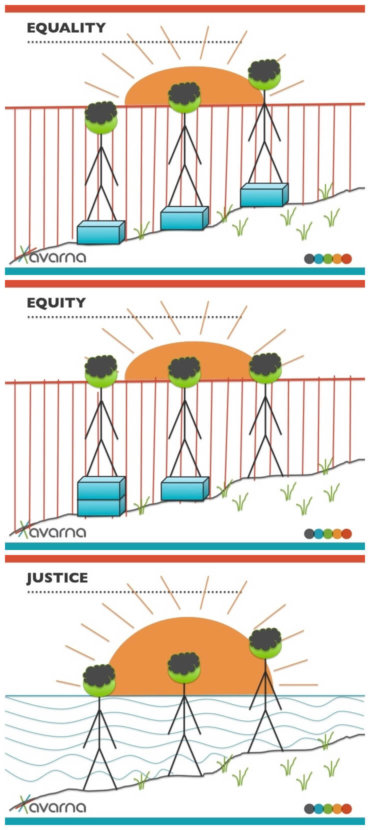Ava
Published on
03 - 16 - 2016
Ava
Published on
03 - 16 - 2016

This week both Aparna and I are engaging in some self-care. Aparna’s was planned – she is out in canyon country with her family, enjoying a few days away from the computer before we hop back into a whirlwind of travel and work. I am taking some less-than-planned self care time as I battle a cold.
But first, what is self-care? Well, there are a lot of definitions, but I always think about self-care as the work I do for myself that allows me to be fully present in all aspects of my life, including my work at Avarna.
Being present at work means that I am not only ready to do the intellectual and logistical work, but also the emotional work involved in diversity, equity, and inclusion work. See, the nature of our work is inherently destabilizing; we often ask people and organizations to examine and then break their biases and norms to create a more equitable and inclusive future. And that work comes with the full range of human emotions. Aparna and I see ourselves as guides through that messy process, and as a result we often go through those emotions with you. I imagine this phenomenon is similar with any other occupation that involves care-work or requires deep human connections.
But doing self-care can be tricky; for me, while I understand intellectually how taxing our work can be and the need for balance, I often feel guilty when I decide to engage in self-care. For starters, being able to engage in some types of self-care is a privilege in itself — I know not everyone can afford to take a day off from work to mend a cold, or decompress from a tough week. On a more practical level, self care sometimes means not taking work that I believe in, or missing opportunities to learn, or not responding to a person in need immediately. In those moments, I have to remind myself that if I keep pushing myself, or as my mom says, “burning the candle at both ends” I’m going to burn out entirely. And if I burn out, never to return to this work, then I am not longer contributing to something I so strongly believe in. So taking those small breaks from work allow me to keep returning and showing up in a meaningful way.
Additionally, self-care does not necessarily mean taking a break from work; that is what both Aparna and I happen to be doing today, but it also may be prioritizing work that brings you joy, or establishing boundaries. Maybe that means you say no to work that is lucrative, but uncomfortable (or vice versa). It may be as simple (and important) as making time to eat lunch everyday. Or, in my case today, giving yourself permission to take it easy. The point is, everyone’s self-care looks different (especially as it relates to our experiences and identities, but that’s a whole other blog topic…).
Finally, we are far from the first people to write about this. Evette Dionne writes about Audre Lorde’s ideas surrounding self-care as a radical act, and its particular importance for black women. Vu Le wrote about 7 self-care tips in the non-profit world, and then a few months later, brilliantly complicates the whole thing. Sarah Black McCulloch and Fariha Roísín write about how regular self-care builds resilience. Both Carmenleah Ascencio of Black Girl Dangerous and B. Loewe of Organizing Upgrade pushe us to think beyond self-care. The point is, self-care is complex, varied, and undeniably important.
Now, in a meta-act of self-care, I’m going to stop writing this blog and make myself some lunch.
By: Ava Holliday and Aparna Rajagopal In her essay “Poetry is not a Luxury,” Audre Lorde wrote "there are no…
Read full post about Make sure your public statement isn’t window dressing: There is your public statement, and then there’s the workAs the year draws to a close and my family enters cookie baking mode, I’m thinking about a harder nut…
Read full post about Why it’s not enough to enlist board members of color: a cookie taleWe wanted to tell you the story of why we decided to create yet another equality v. equity (v. justice)…
Read full post about And . . . here’s yet another equity v., equality (v. justice) image series

